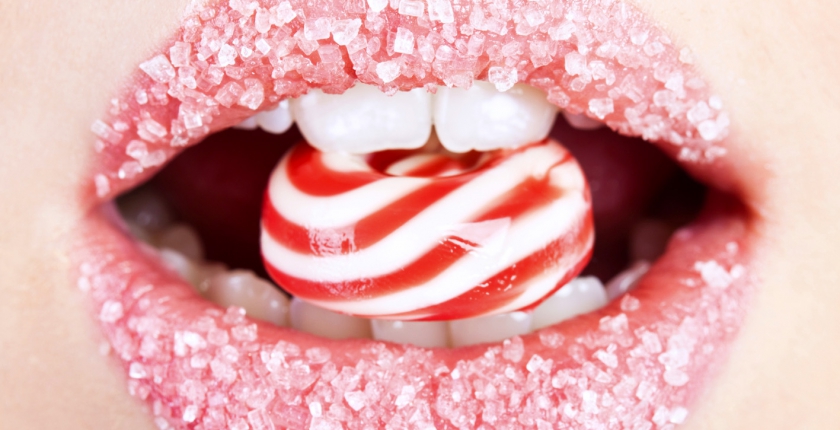The Edit: Can popping pills neutralise a bad diet?
Have you ever wondered if you can supplement an unhealthy diet with food supplements?
We asked expert Nutritional Therapist Jacklyn Coldwell BA (Hons) Dip CNM mBANT CNHC & co-founder of Therapy Organics in Wilmslow, Cheshire for her advice...
The way that I personally chose to work as a Nutritional Therapist is using foods first and supplements only as required. Based on my extensive research work, where supplements are used, it is always food state first. The reasons being that our bodies have evolved to assimilate nutrients from foods, they are free from any unnecessary (and sometimes unhealthy) fillers, binders or additives and as they are from the whole food, this ensures that micronutrients synergistically work together in a way that nature intended!
Do we need to take supplements? The short answer is no. But read on, there are quite a few conditions to this answer.
Start with a healthy balanced lifestyle: Firstly, that your daily diet contains a wide variety and high quantity of vegetables and fruits grown in healthy soils, good quality vegetarian and/ or grass fed proteins and the right balance of essential fats.
Add to this a lifestyle including regular exercise, limited exposure to toxins, good exposure to sunshine and free from illness and stress.
When should we take supplements? The likelihood is that we all have times in our lives where our diet isn't great, or we're under stress and this is where the right supplements can be fantastic to support us through! However, supplements are not the answer to all ailments and are certainly not in place of good quality foods. Many clients come to see me wanting a magic bullet for their painful IBS, to help them shed a few pounds, to aid a restful nights sleep or to lift their moods. The truth is that we cannot resolve these matters using supplements alone.
People also need to take responsibility for their own health and this means some effort on their part to make positive changes to their diets and lifestyle. Supplements can then be used as a useful adjunct to a unique and tailored program. 'Media' advice on supplements can be confusing: A little bit of knowledge can be dangerous too! For example, taking a single nutrient may compete for absorption with other nutrients and then you end up with other deficiencies. Magazine articles may include details on the latest extract that helps weight loss or the new type of essential fat that is a cure all.
The truth is that supplements, as diet, needs to be varied, so questions need to be asked as to why people have been taking the same supplement for years since reading 'that' article. If people are still using 'said' supplement, surely they are not working? Then we have the issue of what I believe to be countless nutrients that we do not even know exist yet.
Vitamins have only been isolated in relatively recent times and there are many more tiny molecules yet to be discovered and health benefits identified. How can we put in a capsule something that we do not even know exists? Read the labels! The government are urging us to look at the labels for health information so as a nutritional therapist, I urge you to take a look at your supplement bottle ingredients list. Recognise everything? A lot of supplements contain a myriad of fillers, binders and preservatives that allow them to be manufactured cheaply and easily.
We too easily trust that supplements are health giving yet look up a couple of these additional ingredients and you will find that they are anything but!
